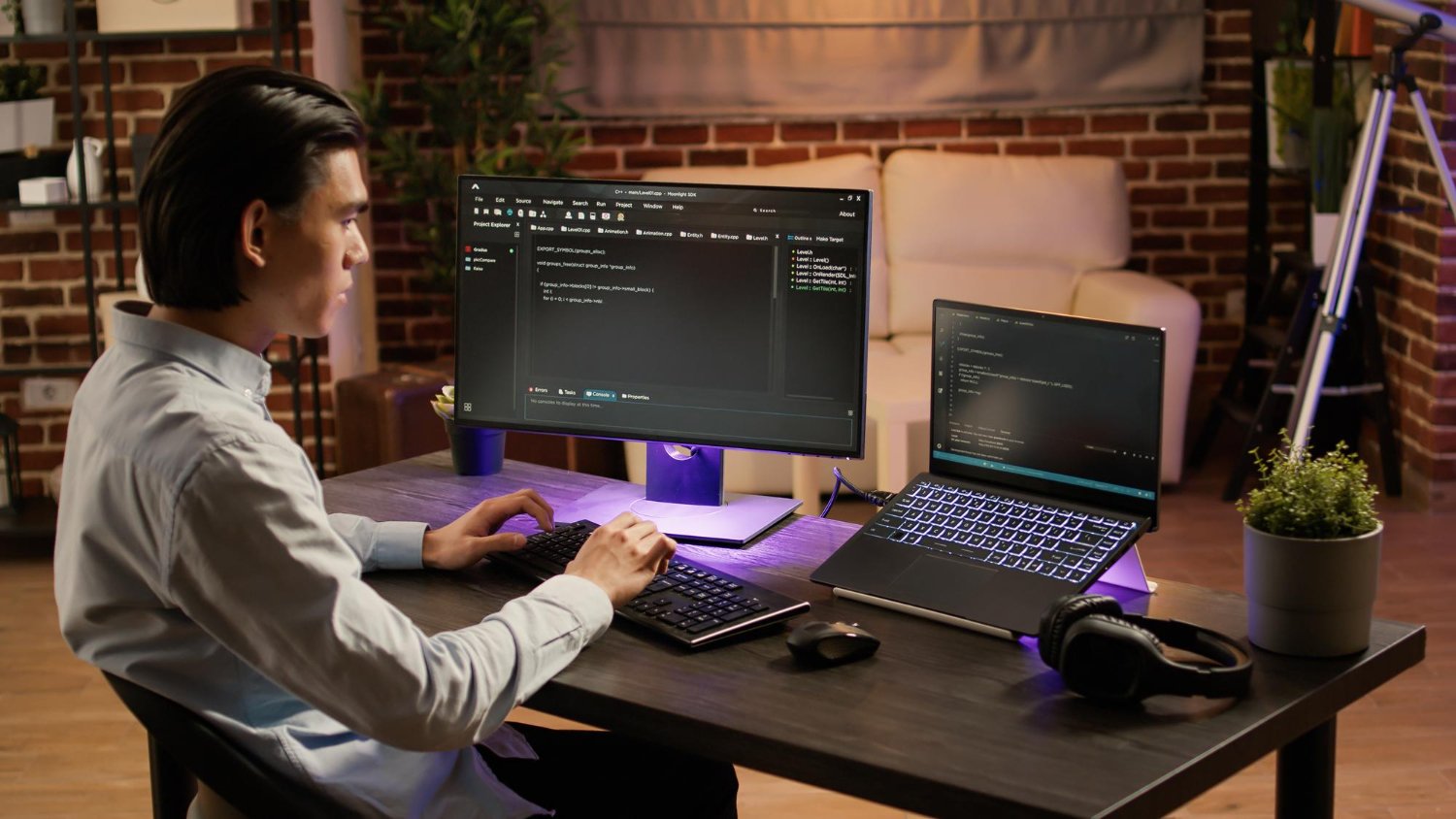Union in c language
Union in c Union is a user defined data type member in C programming. Which specifically stores different data types program variables elements in the same memory storage location. In union C structure where each structure member has its own individual memory storage location. All variable members of the same union data type use the…










